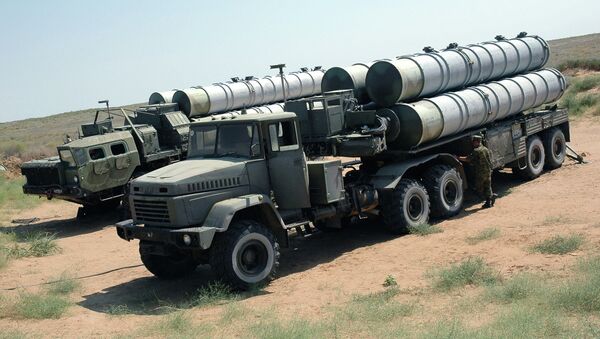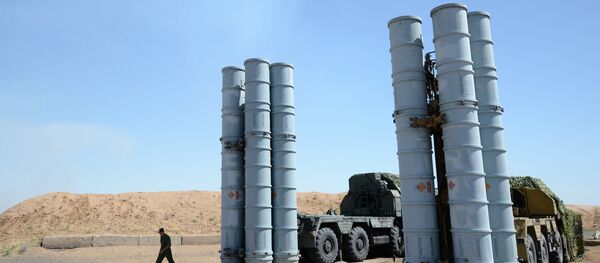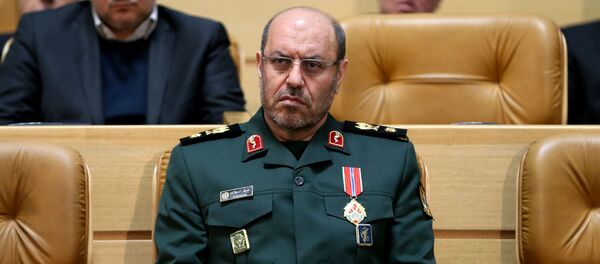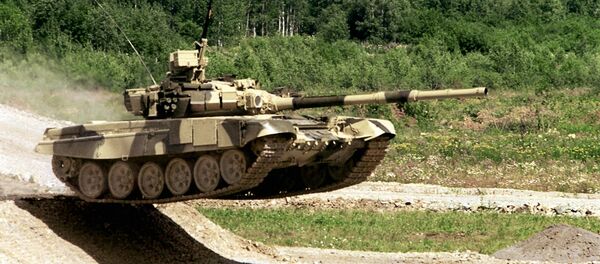Iran has traditionally been a major buyer of Russian-made weapons. Moscow and Tehran avidly cooperated in the military-technical field after the Iranian revolution and until the introduction of anti-Iranian sanctions.
Last year, the final agreement of the Iranian nuclear program was reached and the easing of sanctions was announced. The landmark deal has given a fresh impetus to military cooperation between Russia and Iran.
In September 2015, a new agreement was signed to deliver S-300PMU-2 air defense systems to Iran. The implementation of the contract is expected to start in early-2016 and be completed in autumn. An S-300 system unit comprises a regiment command point and two divisions with four missile launchers in each. The price tag for two S-300PMU-2 units will be over $1 billion. After the deal was signed the first shipment was sent to Russia’s Kapustin Yar military range. Currently, the systems are undergoing tests of their capabilities, and then they will be delivered by sea to Iran.
In addition, nearly 80 Iranian specialists will undergo S-300PMU-2 training courses in Russia in 2016. The course will last for four months and is included in the contract.
It was reported that on the sidelines of the recent talks Iranian military officials said they were willing to buy Russian weapons worth $8 billion.
First of all, Iran is interested in Russia’s assistance in creating an integrated echelon air-defense system comprising short-, medium- and long-range components. Such a system could be built with Russian technologies. One of its main parts is Su-30SM Flanker multirole jet fighters.
A contract for the delivery of Flankers to Iran will be signed in 2016, a high-ranking official in the Russian Federal Service for Military-Technical Cooperation said Wednesday.
"Iran has actually expressed its interest in the purchase of an order of Su-30SM fighters, but so far the parties are only discussing the issue in negotiations. The contract will be signed this year," the official told RIA Novosti.
Russia and Iran are also in talks on the deliveries of a wide range of weapons and military hardware, including Bastion coastal missile launchers with Yakhont anti-ship missiles, Yak-130 jet fighters, Mi-8/17 helicopters as well as diesel-electric submarines, frigates and T-90 tanks.
Now Tehran needs a powerful and well-equipped army. Furthermore, its capabilities should be based on Iran’s domestic resources and cutting-edge foreign technologies. This is why there is logic to the Iranian government’s recent push for importing technologies.
"Our priority in this cooperation is, certainly, the things that give us the superiority capability, as well as ensure deterrence against the threats in the region and beyond," the Iranian minister said.
In fact, Russia could be a reliable partner for Iran. According to Russian specialists, in the foreseeable future, the focus in Russia-Iran military cooperation will be moved to joint projects, using Iranian R&D and industrial capabilities. Weapons for grounds forces, armored vehicles and naval hardware may be among the priorities.
Another promising field of cooperation is training Iranian officers and personnel at Russian military academies. The issue was also discussed during the Dehghan’s visit.




